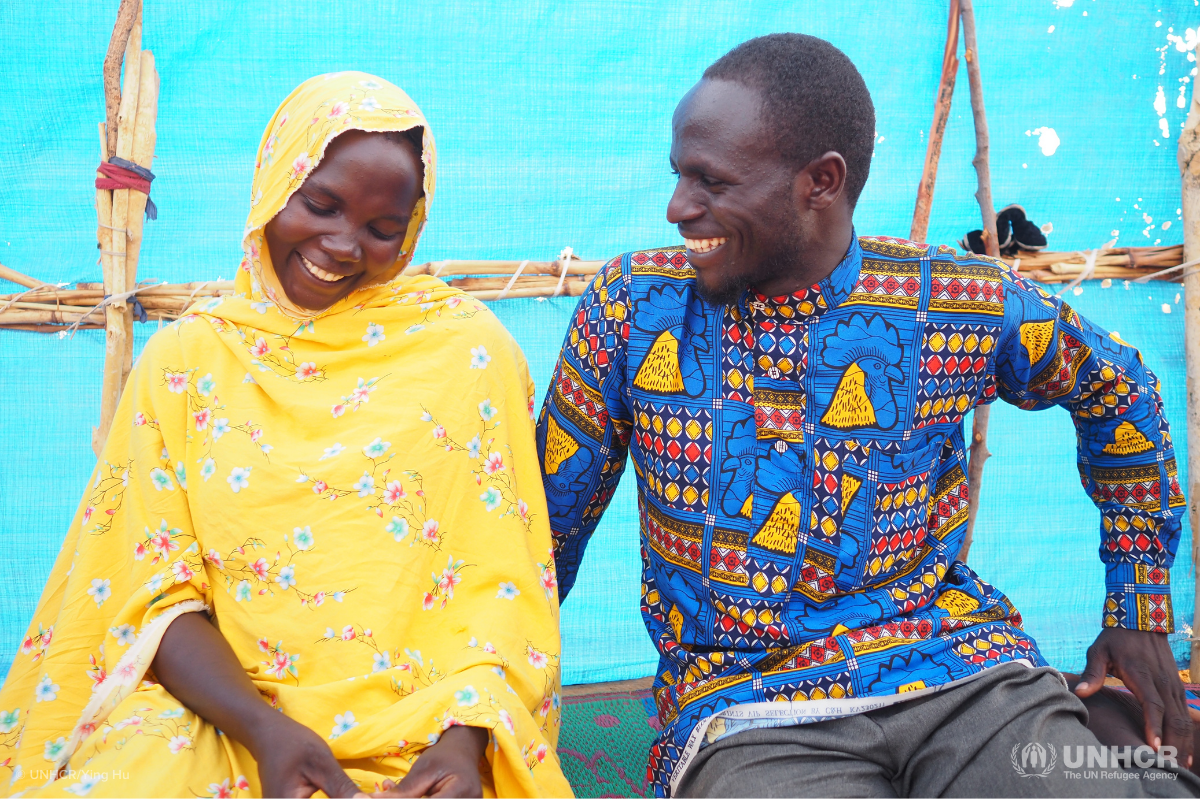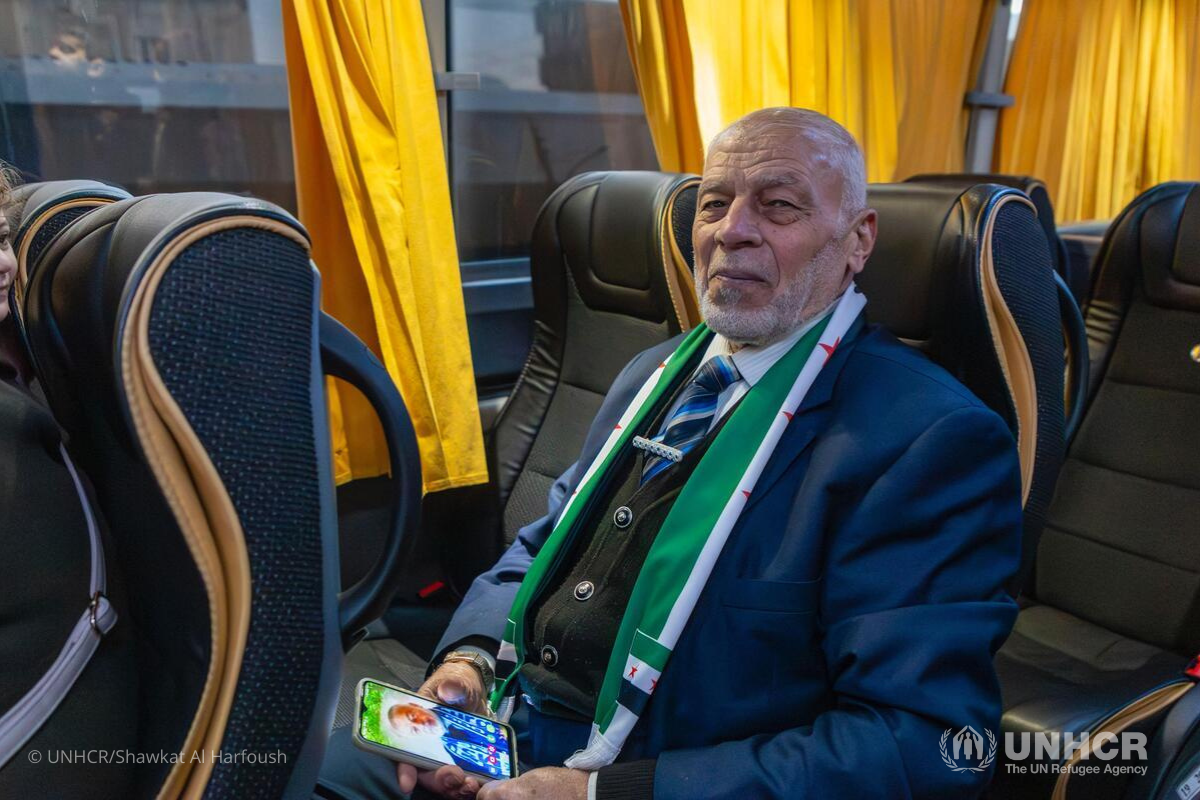Sparking Change grantees inspire welcoming communities for refugees in the United States
A refugee’s journey doesn’t end when they resettle into a new community. In fact, it’s a new beginning. Learning a new culture and language, navigating new systems, finding jobs and education — the list of adjustments refugees must make after resettlement is endless. When it comes to the experience of resettlement, no one understands how challenging this adjustment can be better than refugees themselves.
USA for UNHCR’s Sparking Change grant offers resettled refugees in the United States the opportunity to pursue ideas and projects that help make their communities more welcoming and inclusive. From soccer tournaments that help community members build connections across language barriers to creating safe spaces to break down stigmas about mental health, here are three projects from the 2023 Sparking Change grantee cohort that focus on building safer, more welcoming spaces for refugees.
Aisha
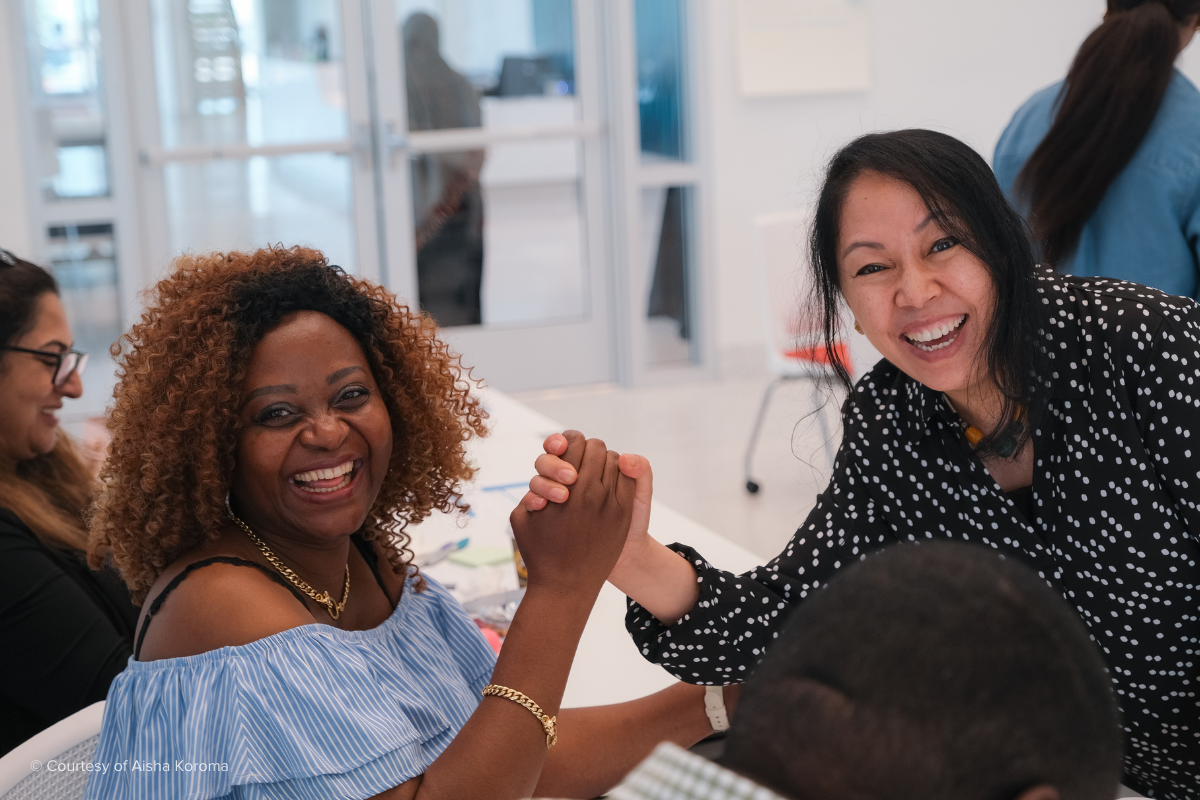
Aisha resettled in the United States from Sierra Leone when she was 14 years old. She was awarded the Sparking Change grant to pursue a project to support the mental health of resettled refugees and other members of her community. Entitled The Safe Space Project, Aisha wants to create a warmer, safer and more welcoming community for those struggling with their mental health. Her project offers a place where community members can connect and share their experiences, break down stigma about mental health and receive Psychological First Aid and Stress Management training.
Ndjabuka, a former refugee from the Democratic Republic of the Congo, participated in The Safe Space Project. She shares that, prior to participating in the project, she and other members of her community were hesitant to share their struggles with mental health and stress.
“Initially, many participants were reluctant to share their struggles and feelings,” Ndjabuka shares. “However, as the session progressed, I noticed a shift in attitudes. People began to open up about their experiences and challenges. By the end of the session, there was a sense of solidarity and mutual support. This openness continued beyond the session, with more individuals seeking help and discussing mental health more freely.”
King
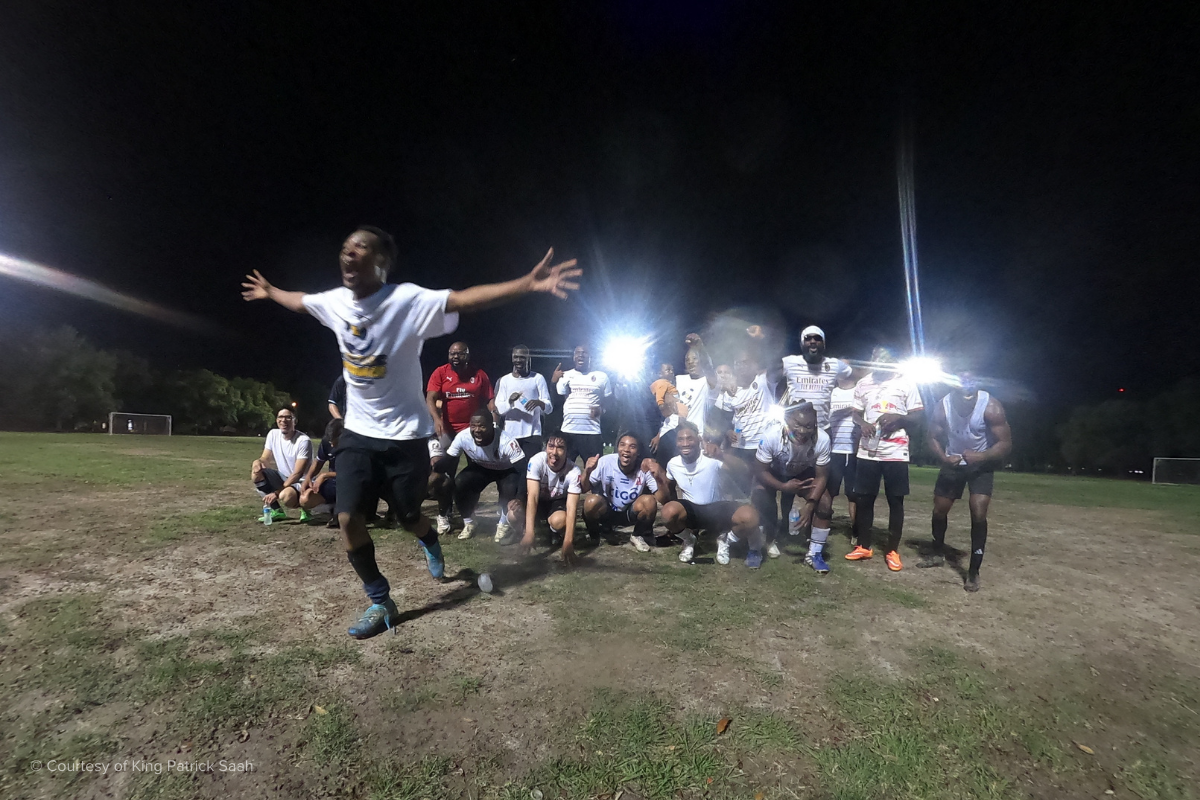
Sports and play offer some of the greatest opportunities for building welcoming communities that overcome language and cultural barriers. Soccer, in particular, is a shared language among people from around the world. King, a resettled refugee from Liberia, used his Sparking Change grant to host the first-ever Baton Rouge Red Stick Unification Cup. This soccer tournament helped his community to break down barriers, build connections and promote more active lifestyles. In addition to the tournament, King also hosted health and fitness workshops for community members.
“The project was an immense success,” says King. “Today, there are discussions among local community members about making it an annual event. Additionally, because of this project, we will be starting a program for refugee and immigrant children within Baton Rouge.”
Faridar
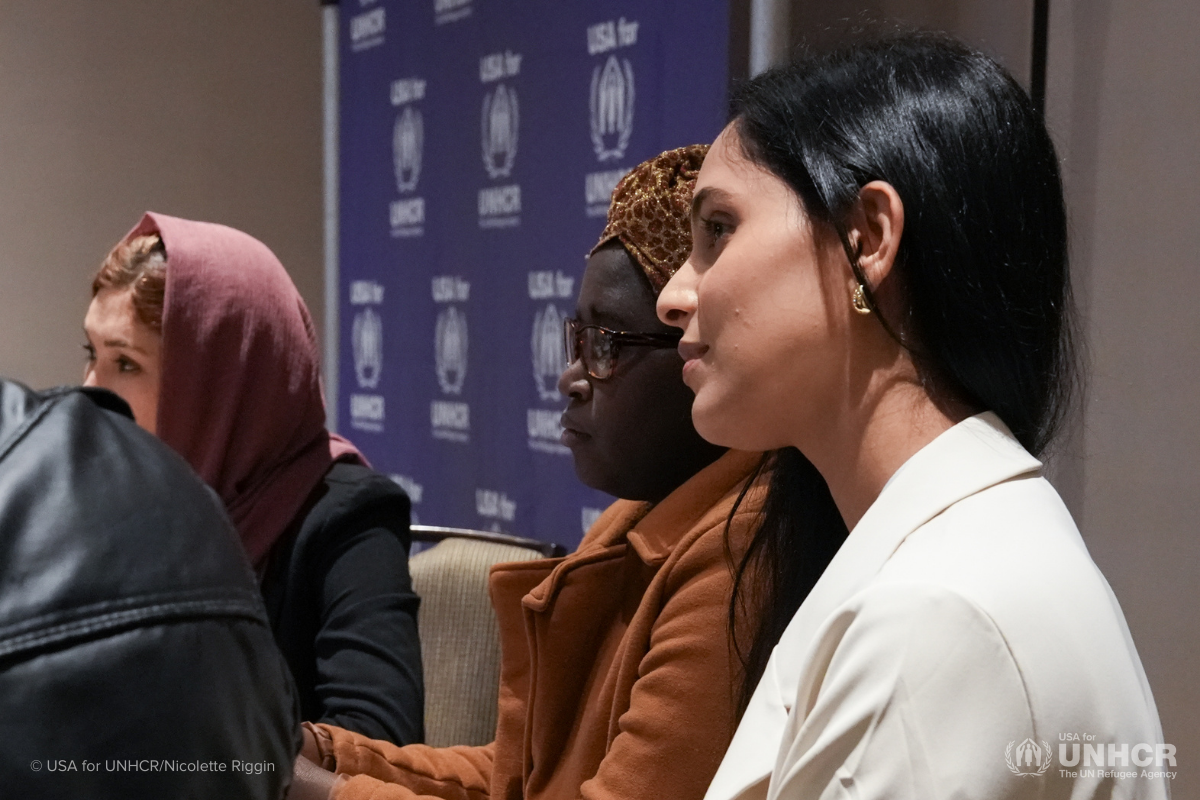
As a resettled Rohingya refugee, Faridar (right) understands the importance of language and connection in making a new community feel like home. When she applied for the Sparking Change grant, education was the cornerstone of her project. In her Houston community, Faridar used her grant to host classes that would help resettled refugees learn English and practice for their citizenship exams. The classes were customized to the unique needs of each person and flexible for those juggling priorities like work and family.
“Our top priority is setting up lesson times that work with their schedules,” Faridar explains. “Because they have never attended school, some women in our neighborhood are reluctant to enroll in group programs, which may have an effect on their confidence. In order to assist them, we promote ties within the community, assisting them in making friends and enhancing their sense of self while they pursue education.”
Dehana, a resettled refugee from Myanmar, participated in Faridar’s program to build her English vocabulary and prepare for her U.S. citizenship exam. “The flexibility to study on my own schedule while being able to have my children beside me [drew me to the project],” Dehana shares. “I have gained confidence in reading and understanding U.S. history, and I feel prepared to take my U.S. citizenship exam.”
How to Help:
UNHCR, the UN Refugee Agency supports the full journey of refugees who have been forced to flee violence, war and persecution. Our donors help refugees in their greatest time of need with shelter, food, water and medical care, and their support builds awareness for resettled refugees living in the U.S. With your help, more refugees will have the opportunity to build peaceful lives and give their families a bright future.
